Zinc has become a popular supplement for promoting immune health, especially during cold and flu season.
But did you know zinc provides multiple benefits beyond immunity, including skin health, hormonal balance, insulin sensitivity, digestive health, and more?
It’s also one of the most affordable and widely available supplements, making it a strong contender to consider adding to your wellness regimen.
So, how do you know if you need more zinc from foods or supplements? What are the benefits, what is the best form of zinc, how much do you need, and are there any side effects?
Read on to learn more about this “it” mineral and how to ensure you’re getting enough.
What is Zinc?
Zinc is a metal and an essential trace mineral found in various foods.
Essential nutrients are the type we must consume from foods, beverages, or supplements because the body cannot manufacture them.
Although best-known for its role in immune function, zinc plays a critical role in hundreds of bodily functions and reactions related to:
- Cardiovascular function
- Metabolic health
- Prostate health
- Immunity and fighting infections
- Cellular health
- Bone health
- Skin repair and regeneration
- Gut health
- Nervous system function
- Digestion and elimination
- Cognitive function
- Neurotransmitter function
- And much more
Zinc is also a potent antioxidant and is crucial in scavenging free radicals (unstable molecules that can lead to inflammation and disease).
It is also the second-most abundant mineral in the body.
Is Zinc Deficiency Common?
This is a simple question, but the answer depends on who you ask.
Although zinc deficiency is not considered especially common—about 17% of the global population is considered deficient—many health professionals are sounding the alarm bell on undiagnosed deficiency and insufficiency (trending in the direction of deficiency).
The main reasons being:
- The average person doesn’t consume many zinc-rich foods (more on this to come).
- The chronic disease rate in Western culture has exploded, and many of these diseases, such as autoimmunity, inflammatory disease, and gut/digestive health issues, impact zinc levels.
- Zinc is depleted by many common medications, including (but not limited to) birth control pills, estrogen, ACE inhibitors, and proton pump inhibitors.
- Zinc deficiency is not easy to diagnose as it cannot be detected by a blood test alone (zinc is stored in other places besides blood).
- Due to limitations in testing, providers do not routinely screen for zinc deficiency.
Zinc deficiency and insufficiency are also more common in vegans and vegetarians due to less absorbable zinc found in plant-based foods versus animal-based foods.
As you can see, there is still much to learn about zinc deficiency, including its causes, who’s at risk, and how best to detect it.
What are the Signs and Symptoms of Zinc Deficiency?
The most well-known potential sign of a zinc deficiency or insufficiency is that you’re getting sick too often.
This is why many immune-support supplements contain zinc, along with other immune-fortifying nutrients like vitamin D and C.
Other signs of zinc deficiency or insufficiency vary with age and may include:
- Diarrhea in children
- Impaired growth and loss of appetite
- Reproductive issues in women and men
- Prostate health issues
- Low testosterone
- Impaired cognitive function and memory
- Alopecia
- Skin issues
- Impaired immune function
- Changes in taste and smell
- Delayed wound healing
- Behavioral problems
- Psychological issues in older adults
As discussed previously, zinc deficiency can be challenging to diagnose.
If your doctor suspects a deficiency, they may order blood work, ask about your diet and history, and even experiment with supplementation to see how you react.
Some healthcare practitioners automatically recommend zinc supplementation based on presentation, pre-existing conditions, diet, and risk factors.
Talk to your healthcare practitioner for individual recommendations.
How Much Zinc Do You Need?
Since zinc is a trace mineral, we don’t need large amounts to function.
The following is the recommended daily allowance (RDA) for zinc for babies, children, and adults:
|
Age |
Male |
Female |
Pregnancy |
Lactation |
|
Birth to 6 months* |
2 mg |
2 mg |
|
|
|
7–12 months |
3 mg |
3 mg |
|
|
|
1–3 years |
3 mg |
3 mg |
|
|
|
4–8 years |
5 mg |
5 mg |
|
|
|
9–13 years |
8 mg |
8 mg |
|
|
|
14–18 years |
11 mg |
9 mg |
12 mg |
13 mg |
|
19+ years |
11 mg |
8 mg |
11 mg |
12 mg |
Some people benefit from consuming higher levels of zinc, especially if they have been deficient or insufficient.
Talk to your healthcare practitioner about the optimal amount of zinc for you.
10 Benefits of Zinc for Immune Function, Skin Health, Hormonal Function, & More
The benefits of optimizing zinc levels are immense given zinc's role in many bodily systems and functions.
The following are 13 benefits of getting enough zinc in your diet and/or from supplements.
Zinc Supports Multiple Aspects Of Immune Function
Zinc is well-known and accepted for its ability to support healthy immune function and even shorten the duration of colds and flu.
Adequate zinc levels help form immune cells, promote a healthy inflammatory response, and regulate normal immune function.
Zinc lozenges have also been shown to be effective for soothing the throat.
Zinc is available in various forms for immune health, including lozenges, capsules, liquids, multivitamins, and cough syrups.
Country Life’s Zinc Lozenges in cherry flavor contain 23 mg of zinc plus vitamin C for powerful immune support.
Zinc Can Help Improve Skin Health & Reduce Breakouts
Zinc’s role in maintaining skin health has become more broadly recognized.
Apart from influencers raving about its skin benefits, studies have shown zinc supplementation supports collagen function, and its antioxidant properties may help with breakouts, inflammatory skin conditions, and wound healing.
Zinc oxide is also used topically in various creams and ointments for diaper rash, first aid, and blemish spot treatments.
If you suffer from skin issues, talk to your healthcare practitioner about the potential benefits of increasing your zinc levels.
Zinc is Essential for Bone Health
While we typically think of calcium as the ultimate mineral for bone health, zinc also plays a critical role.
Per a 2023 paper published in the EXCLI Journal, “Zinc can improve chondrocyte and osteoblast function while reducing osteoclast activity, indicating a role for the metal in bone homeostasis and regeneration.”
The majority of zinc is also stored in our bones and deficiencies can negatively impact bone health.
Several nutrients, such as calcium, magnesium, silica, and vitamin D, are involved in bone formation, regeneration, and function.
New research suggests zinc also plays a vital, yet often overlooked, role.
Zinc Supports Healthy Metabolic Function And Blood Sugar
Zinc plays a role in various metabolic functions including digestion, hormonal regulation, and blood sugar balance.
Various studies have shown optimizing zinc levels can help support normal insulin sensitivity, which has broad-reaching benefits.
We’ll discuss zinc’s role in hormonal function in more detail next.
Zinc is Critical to Normal Hormonal and Reproductive Function in Pregnancy and Beyond
The connection between zinc and prostate health is well-known in health-conscious circles.
What’s lesser known is that zinc is essential for the normal production of testosterone and other reproductive hormones in men and women.
This is potentially significant because testosterone plays a critical role in reproductive health and sexual function in men and women.
For example, several studies have shown that increasing zinc levels increases sperm quantity and quality in men.
In women, zinc is also critical for the production and development of eggs, the fertilization of the egg by healthy sperm, and various other reproductive hormones.
We also know zinc deficiency can cause various pregnancy complications for the mother and fetus, and is detrimental to overall reproductive health.
The big takeaway is that zinc is essential in all phases of life, particularly during the peak reproductive years, preconception, and pregnancy.
Zinc is Good for Your Heart
Magnesium tends to get most of the press when it comes to heart health (and it is fantastic!).
However, research has shown adequate zinc levels also promote heart health via their effects on circulation, blood vessels, and cardiovascular cell health.
As an antioxidant, zinc also helps promote normal inflammatory response, which is essential for overall cardiovascular health.
Finally, zinc’s role in maintaining gut health, along with the emerging understanding of the gut-heart connection may also explain some of its heart health benefits.
We’ll discuss zinc’s benefits for gut health next.
Related reading: What Vitamins Are Good For The Heart?
Zinc is a Supermineral for Gut Health
When we think of gut health supplements, most people think of probiotics and prebiotics.
However, a growing body of research has shown that zinc may be one of the most essential nutrients for supporting gut barrier function and its various axes.
Changes in dietary intake of zinc affect the gut microbiome in various ways, including:
- Changing the composition of beneficial to non-beneficial bacteria
- Low zinc levels have been connected to decreased levels of tight junction markers.
- Changes to tight junctions—the net-like barrier of the gut— is associated with intestinal permeability, aka: leaky gut syndrome
- Low zinc levels can cause neurological changes via the gut-brain-connection that may impact mood, behavior, attention, and more
- Low zinc levels can lead to gut-related inflammation throughout the body
- Low zinc levels can impair absorption of other critical nutrients in the intestines
These are just a few of the studied relationships between zinc levels and gut health.
The most important thing to glean from all this is that optimal zinc levels help maintain a strong gut barrier (tight junctions), which protects the gut from invaders and supports healthy gut flora, nutrient absorption, and inflammatory response.
Explore Country Life’s supplements for gut and digestive health.
Zinc Helps Promote Healthy Muscle Growth and Repair
Earlier we mentioned zinc’s role in normal growth and development in babies and children.
This benefit extends beyond childhood into adulthood, as zinc helps promote muscle growth and repair in adults, children, and babies.
This is why many exercise enthusiasts and sports medicine experts take and/or recommend zinc to help with workout recovery and muscle building.
Zinc May Help Protect Your Eyes
Vision loss is common as we age and increasingly affects younger people, including children.
Zinc is one of many nutrients that, through its antioxidant and cell-restoring properties, may help protect vision and eye health.
Research has shown high levels of zinc (taken under doctor’s supervision) may help slow age-related macular degeneration and prevent further vision loss.
Zinc Promotes a Healthy Inflammatory Response
Inflammation, such as a bump when you hit your knee or fever when you catch a virus, is a normal and healthy response to an illness or injury.
However, chronic inflammation has now been associated with nearly every type of chronic and deadly disease.
The good news is that there is much we can do to help keep our inflammatory response in check, including eating a healthy plant-forward diet, getting plenty of sleep, reducing stress, exercising, and getting enough antioxidants, like zinc, vitamin C, and vitamin E.
As an antioxidant, zinc helps promote a normal and healthy inflammatory response by scavenging unstable, inflammation-causing molecules known as free radicals.
Antioxidants have numerous health benefits, including helping prevent various illnesses, supporting healthy aging, musculoskeletal health, joint health, skin health, immune function, and much more.
Learn more in: What Are Antioxidants And What Foods Are High In Antioxidants?
When is The Best Time to Take Zinc?
As with nearly all supplements, the best time to take zinc is when you remember to, such as with breakfast, lunch, or dinner.
Some research suggests it may be best absorbed on an empty stomach, but this can make some people feel queasy or nauseous. If this happens to you, be sure to take it with food.
You can also take zinc lozenges for throat comfort as needed to relieve symptoms.
Related reading: What’s The Best Time Of Day To Take Vitamins?
Are There Any Side Effects Of Taking Zinc?
Zinc supplementation that does not exceed RDAs is generally safe, even if you’re eating foods that contain zinc.
As discussed previously, the most common side effects are stomach upset or nausea, which can be eliminated by taking zinc with food.
However, taking excess zinc can result in zinc toxicity and produce the following symptoms:
- Diarrhea
- Dizziness
- Headaches
- Gastric distress
- Vomiting
- Loss of appetite
Taking over 50 mg of zinc for weeks can also cause copper deficiency, reduce immune function, and lower HDL cholesterol levels. This can also happen when using dental adhesives that contain zinc.
Extremely high doses of supplemental zinc over 142 mg daily can result in magnesium deficiency. Others may experience additional side effects with too much zinc, like skin flushing and irritation.
These symptoms typically aren’t a problem with zinc-containing foods, but excess supplementation or even topical application can produce side effects.
Check with your healthcare practitioner about the best dose of zinc for you before beginning zinc supplementation.
Food Sources of Zinc
A healthy diet is always the best source of nutrients, including zinc.
Although zinc is not found in abundance in as many foods as other nutrients, you can meet your daily requirements of 8-11 mg for adults by focusing on these zinc-rich foods:
- Oysters
- Beef
- Blue crab
- Tofu
- Wheat germ
- Hemp seeds
- Fortified breakfast cereals
- Pumpkin seeds
- Oats
- Wild rice
- Dairy products
- Pork
- Turkey
- Cheddar cheese
- Shrimp
- Lentils
If you can’t get enough zinc into your diet from foods, talk to your healthcare practitioner about taking a zinc supplement.
What is Chelated Zinc?
Chelated zinc has become a popular form of zinc. It’s also the most studied form, but what is it, and is it better than other forms?
Chelated zinc contains zinc that’s attached to a chelating agent, which is usually an amino acid.
Chelated agents form bonds with metal ions (like zinc, copper, iron, etc.) to create a more absorbable form of zinc.
Amino acids give chelated minerals higher bioavailability than non-chelated minerals, which makes them favorable for anyone with concerns about zinc absorption.
Types of chelated zinc include:
- Zinc amino acid chelate
- Zinc picolinate
- Zinc citrate
- Zinc picolinate
So, is chelated zinc better than non-chelated?
The general consensus is yes. Since zinc is hard to absorb on its own, chelated varieties are more bioavailable.
Ask your practitioner about the best type of zinc for you.
Explore Country Life’s Zinc Collection
Since 1971, Country Life has been formulating and manufacturing high-quality dietary supplements, including various forms of zinc and zinc formulas.
Some of our best-sellers include:
- Chelated Zinc 50 mg
- Zinc Picolinate with vitamin C
- Zinc Lozenges in Cherry flavor
- TargetMins Zinc 50 mg
- Calcium Magnesium Zinc
All Country Life supplements are rigorously tested, from raw ingredients to finished product, to ensure purity, integrity, and potency in our NSF-GMP-compliant Certified Gluten-Free and Certified Organic manufacturing facilities.
References Mentioned In This Article
- “Zinc Fact Sheet for Health Professionals.” NIH Office Of Dietary Supplements.
- “Zinc and its importance for human health: An integrative review”. J Res Med Sci.
- “Multifunctional role of zinc in human health: An update”. EXCLI Journal
- “Food and Nutrition Board. Dietary Reference Intakes for Vitamin A, Vitamin K, Arsenic, Boron, Chromium, Copper, Iodine, Iron, Manganese, Molybdenum, Nickel, Silicon, Vanadium, and Zinc.” Institute of Medicine. National Academy Press; 2001.
- “The Role of Zinc in Male Fertility”. Int J Mol Sci.
- “Zinc is an Essential Element for Male Fertility: A Review of Zn Roles in Men's Health, Germination, Sperm Quality, and Fertilization”. J Reprod Infertil.
- “Acute dietary zinc deficiency before conception compromises oocyte epigenetic programming and disrupts embryonic development”. Developmental Biology.
- "Preconception zinc deficiency could spell bad news for fertility." American Physiological Society.
- “Zinc therapy in dermatology: a review”. Dermatol Res Pract.
- “Role of zinc in female reproduction”. Biology of Reproduction
- “Zinc Deficiency and Heart Failure: A Systematic Review of the Current Literature”. J Card Fail.
- “Can Your Gut Health Affect Your Heart?” Johns Hopkins Medicine.
- “A systematic review on zinc for the prevention and treatment of age-related macular degeneration”. Invest Ophthalmol Vis Sci.
- “What happens when a person takes too much zinc?” Medical News Today.


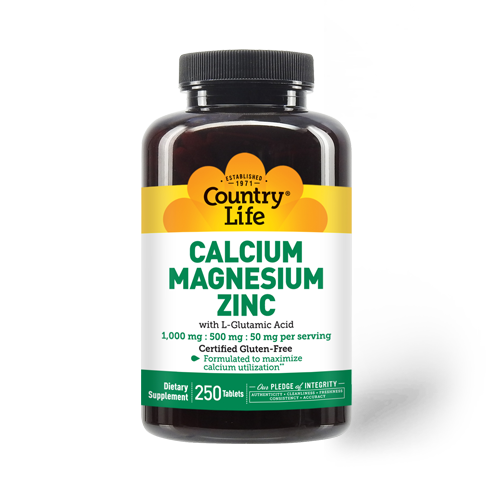
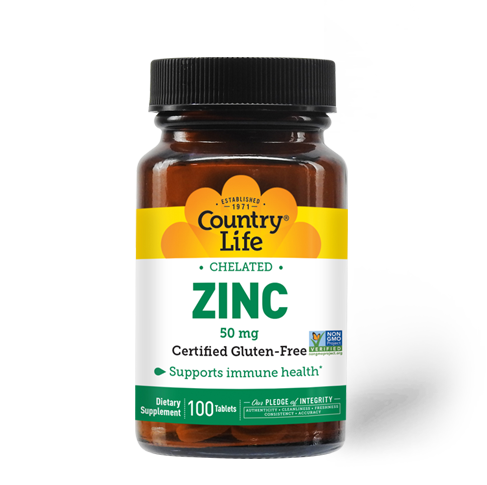
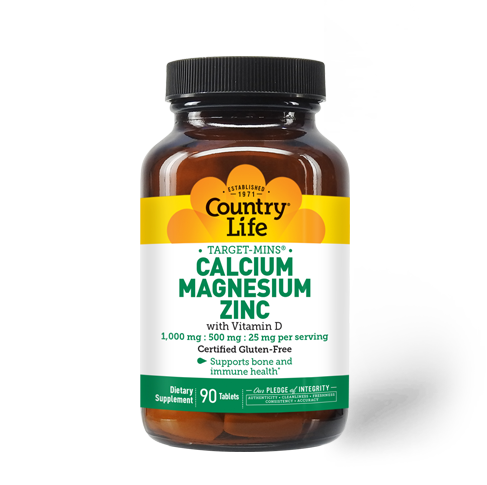
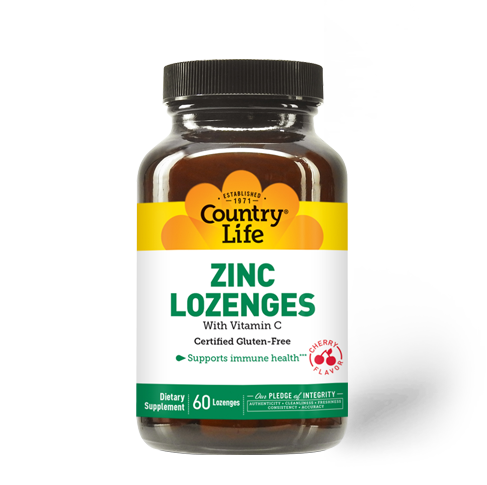
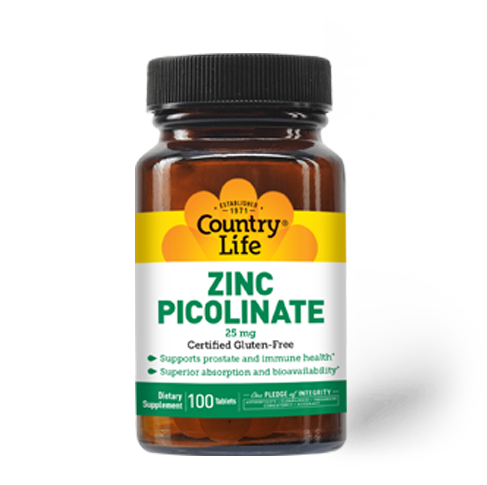
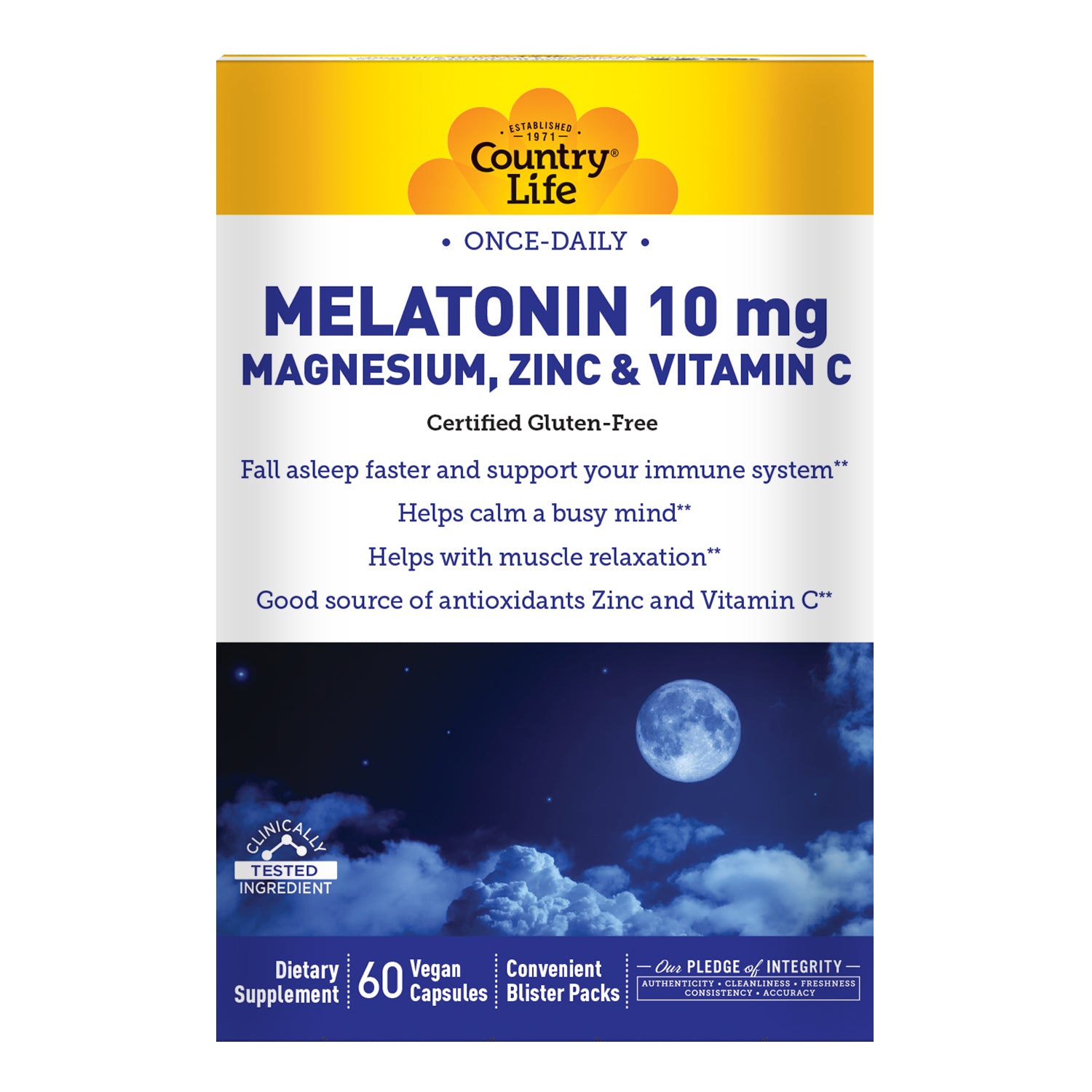










Share:
What Is a Coenzymated Vitamin? Exploring Coenzymated B12 Benefits
10 Foods Highest In Biotin + Biotin Vitamin Benefits